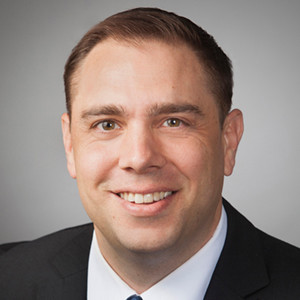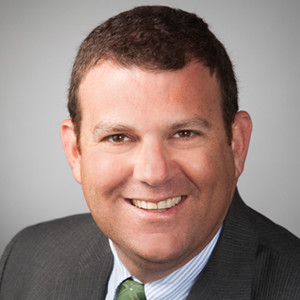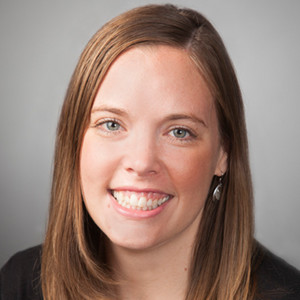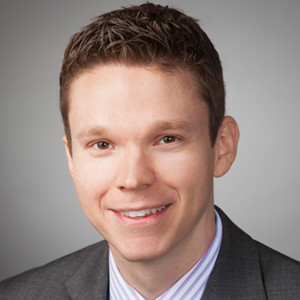As pundits from across the media landscape wring their hands over the “debacle” created by Starbucks CEO Howard Schultz’s “#RaceTogether” campaign, questions remain as to what impact this event will have on the company, the race relations “conversation,” or even whether this blatant attempt at social engineering really is a debacle at all.
|
“I don’t care what you say about me, just spell my name right” — P.T. Barnum
If raising Starbucks’ – or Howard Schultz’s – visibility as a potential agent of social change was the objective, it’s hard to argue this isn’t a masterpiece of good, if not unintended, consequences. It would have taken tens, if not hundreds, of millions of dollars in print and broadcast advertising to put Starbucks back into the minds of American consumers as vividly as this past weekend’s “mistake.”
And if Schultz’s attempt to stretch the meaning of his brand ultimately fell short, perhaps he learned a valuable lesson about what consumers want from their brands. Maybe it is as simple as fulfilling their core brand promise to begin with, and nothing more.
For me, I take my coffee black.
Michael Ares,
Guest Blogger
 With more than 30 years of proven expertise Michael brings extensive experience in corporate positioning, strategic marketing, financial communications and investor relations counsel to organizations undergoing significant change. Michael began his career in Silicon Valley in the early 1980s, where from 1984 to 1991 he directed investor relations and corporate communications for Chips and Technologies, Inc., the inventor of integrated PC chipsets that helped put such companies as Compaq, Hewlett-Packard and Dell into the IBM-compatible PC business they came to dominate. An early member of the start-up team, he helped launch more than 100 new products and directed investor relations during the company’s transition from private to publicly held entity.
With more than 30 years of proven expertise Michael brings extensive experience in corporate positioning, strategic marketing, financial communications and investor relations counsel to organizations undergoing significant change. Michael began his career in Silicon Valley in the early 1980s, where from 1984 to 1991 he directed investor relations and corporate communications for Chips and Technologies, Inc., the inventor of integrated PC chipsets that helped put such companies as Compaq, Hewlett-Packard and Dell into the IBM-compatible PC business they came to dominate. An early member of the start-up team, he helped launch more than 100 new products and directed investor relations during the company’s transition from private to publicly held entity.
Michael received a B.A. in philosophy of language and an M.A. in rhetoric, both from the University of California at Berkeley. He is a graduate of Syracuse University’s Whitman School of Management Entrepreneurial Boot Camp, 2005.

 As design director at Cookerly, Tim serves as the creative lead in the development of branding campaigns, print collateral and digital media for clients across a broad range of industries, including consumer, professional services, healthcare and technology.
As design director at Cookerly, Tim serves as the creative lead in the development of branding campaigns, print collateral and digital media for clients across a broad range of industries, including consumer, professional services, healthcare and technology. As senior vice president at Cookerly, Mike Rieman specializes in building and maintaining relationships with the media and has an excellent track record of landing significant placements in print and broadcast media including USA Today, Wall Street Journal, Bloomberg and Money Magazine.
As senior vice president at Cookerly, Mike Rieman specializes in building and maintaining relationships with the media and has an excellent track record of landing significant placements in print and broadcast media including USA Today, Wall Street Journal, Bloomberg and Money Magazine.

 As vice president of Cookerly, Sheryl Sellaway uses her extensive corporate communications background to lead consumer PR efforts, deliver strategy for marketing programs and share expertise about community initiatives.
As vice president of Cookerly, Sheryl Sellaway uses her extensive corporate communications background to lead consumer PR efforts, deliver strategy for marketing programs and share expertise about community initiatives.
 As a senior vice president at Cookerly, Matt helps organizations protect and advance their reputations and bottom lines through strategic communications programs. Using creativity, planning and flawless execution, he works with a team to deliver compelling public relations campaigns that produce results and support clients’ business objectives.
As a senior vice president at Cookerly, Matt helps organizations protect and advance their reputations and bottom lines through strategic communications programs. Using creativity, planning and flawless execution, he works with a team to deliver compelling public relations campaigns that produce results and support clients’ business objectives.